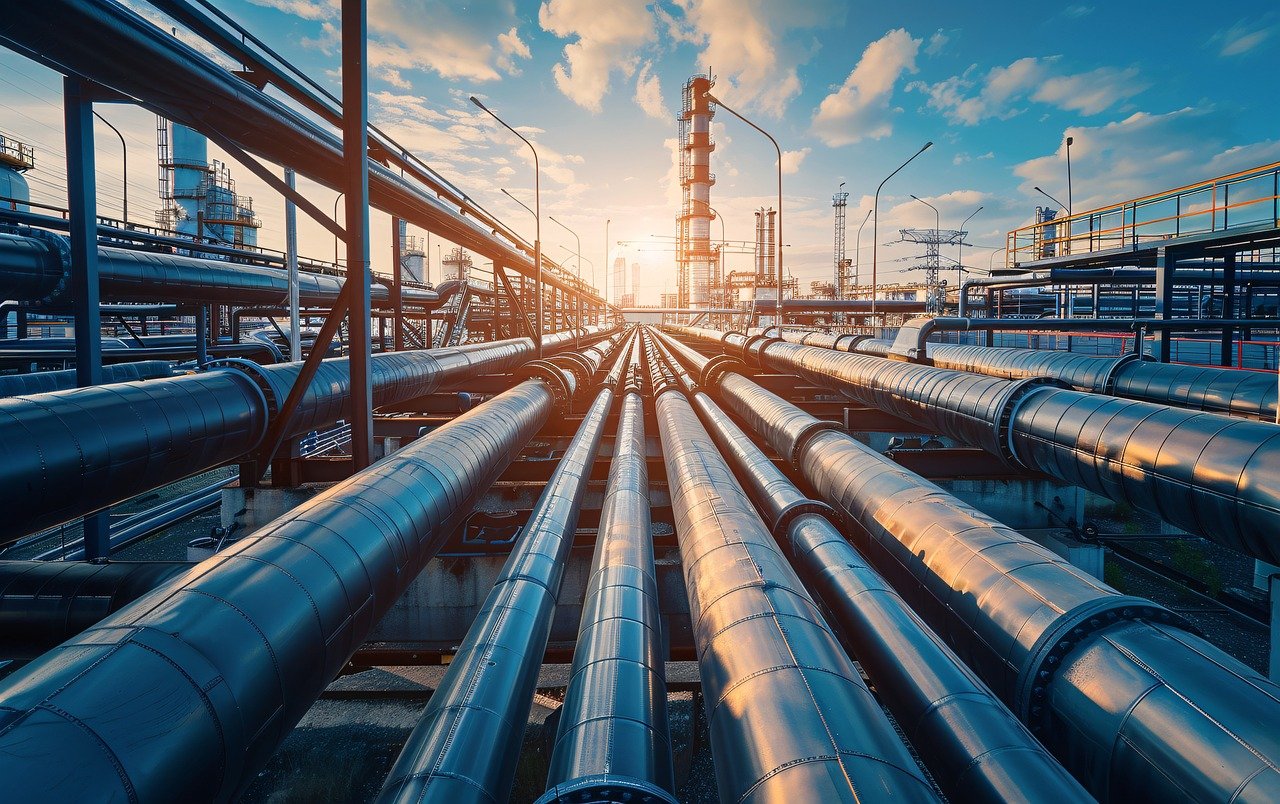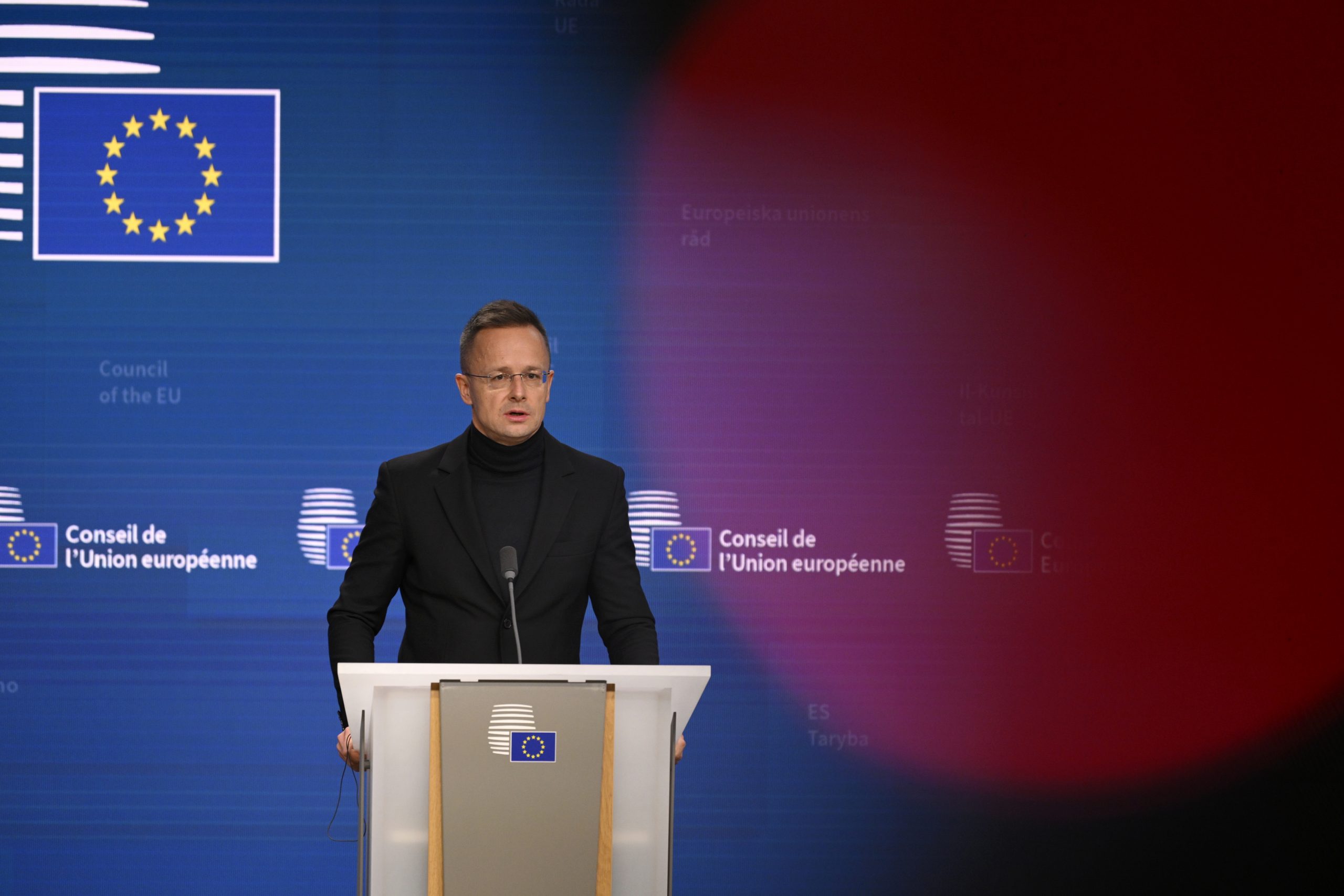
Long-term security of supply is guaranteed by a 15-year contract signed with the Russian company in 2021.Continue reading

A state will only give up a reliable and competitively priced energy source if a better offer is made, and for Hungary, there is currently no good alternative to replace Russian energy sources, Minister of Foreign Affairs and Trade Péter Szijjártó said in Brussels on Thursday.
At a press conference following the EU Council meeting on trade policy, the minister stressed that Hungary insists that the energy mix should remain an exclusive national competence. “Therefore, we reject any attempt to influence where, how and from whom we buy our energy sources,” he said. “This is also a matter of national security and sovereignty.
Security of energy supply is part of national security and we do not accept any interference in the discussion of energy security issues,”
he added.
Minister Szijjártó expressed satisfaction with the energy cooperation with Russia. “I can speak from my own experience, not from the experience of others. And I expect others not to talk about mine either (…) Our experience is that Russia is a reliable supplier, we have always received the contracted volume, we have always received it at the price we agreed on and always at the agreed time,” he pointed out.
A country will only give up a secure and competitively priced energy source if a better offer comes along,” the politician noted. “A better offer has not yet arrived. We have not received an offer for a reliable or a cheap source,” he added.
For us, from a national point of view, what matters is that energy supplies are secure and affordable. And we are not willing to deviate from that in any way,”
the minister explained.
Mr. Szijjártó concluded by saying there is huge hypocrisy in the sanctions policy. “Here in Brussels, we are constantly being slammed for why we do not get rid of Russian energy (…) But if you look at the growth in Russian LNG supplies, you will see, for instance, that France has increased its imports of Russian LNG by 110 percent in six months. 87 percent of Russian LNG coming into Western Europe goes to France, Belgium, and Spain,” he said.
Via MTI, Featured image: MTI/Purger Tamás